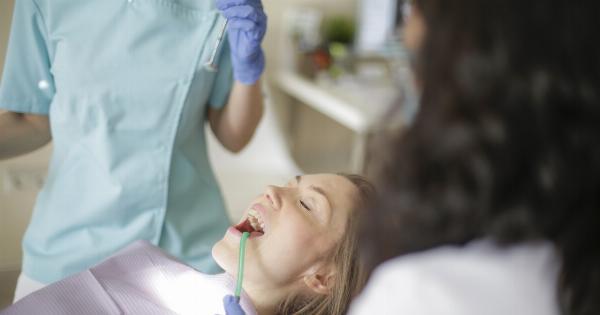4 Surprising Factors That Increase the Risk of Miscarriage
A miscarriage is the loss of a pregnancy before the 20th week. It can be a very difficult experience for expecting parents. Many factors can contribute to the risk of miscarriage, including genetics, lifestyle, and underlying medical conditions.
However, there are also some surprising factors that you may not be aware of that can increase the risk of miscarriage. Here are four of them:.
Both being overweight and underweight can increase the risk of miscarriage. Women who are overweight before becoming pregnant have a higher risk of miscarriage than those who are at a healthy weight.
This is because excess weight can cause hormonal imbalances that affect the reproductive system. On the other hand, women who are underweight before becoming pregnant are also at a higher risk of miscarriage. This is because being underweight can lead to a lack of essential nutrients that are necessary for a healthy pregnancy.
2. Consuming too much caffeine
Caffeine is a stimulant that can increase blood pressure and heart rate. It has also been linked to an increased risk of miscarriage.
Studies have shown that women who consume more than 200 milligrams of caffeine per day (equivalent to about one cup of coffee) have a higher risk of miscarriage than those who consume less. It is recommended that pregnant women limit their caffeine intake to no more than 200 milligrams per day to reduce the risk of miscarriage.
3. Exposure to certain chemicals
Exposure to certain chemicals can increase the risk of miscarriage. These chemicals include pesticides, lead, mercury, and organic solvents.
Women who work in industries that involve these chemicals, such as agriculture or manufacturing, are at a higher risk of miscarriage. It is important to take precautions to reduce exposure to these chemicals if you are trying to conceive or are already pregnant.
4. Poor dental hygiene
Poor dental hygiene has also been linked to an increased risk of miscarriage. Studies have shown that pregnant women with gum disease are more likely to have a miscarriage than those without gum disease.
This is because gum disease can cause inflammation and infection, which can lead to premature delivery and miscarriage. It is important to practice good oral hygiene, including brushing and flossing regularly, to reduce the risk of miscarriage.
There are many factors that can increase the risk of miscarriage, both known and unknown. By being aware of these surprising factors and taking steps to reduce your risk, you can increase your chances of having a healthy pregnancy.























